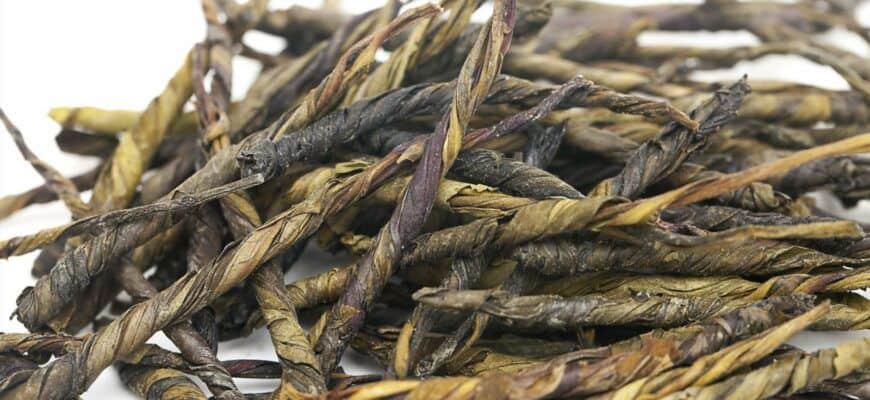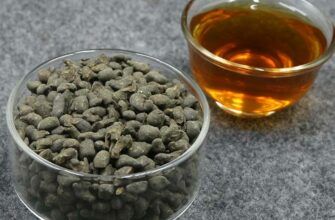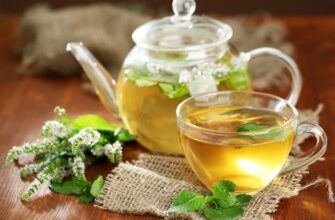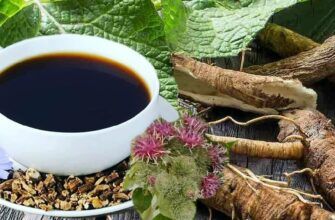Kuding tea is obtained from a plant native to China. According to historical documents, this plant has been used medicinally for over 2000 years. During the Song Dynasty, it was presented as a treat only to honored government guests. Later, when the production of kudin tea increased, it was widely used as a means of traditional medicine. This tea is also called "kudin's needles" because tightly rolled flat leaves resemble needles in shape.
Kuding tea in Chinese medicine
This plant is used by healers due to the fact that it helps in the treatment of the following ailments:
- Heat
- Headache
- Eye redness
- Toothache
- Tinnitus
- Diarrhea
- Dizziness
- acne
For medicinal purposes, it is usually prescribed in a higher concentration, i.e. in powder form. If a plant is used directly to make a drink, it must be infused in hot water for several hours. The resulting highly concentrated decoction has a very bitter taste.
Kudin tea in folk medicine
Among the inhabitants, kudin is often used as tea. It is prepared much less concentrated and therefore safer for long-term use without prior medical advice. At the same time, the taste of tea is more pleasant and it is described as soft and refreshing.
Kudin tea contains many substances, including amino acids, polyphenols, flavonoids, zinc and some vitamins. In folk medicine, kudin tea is referred to as "jiang san gao", which literally means "lowering three high", because it helps to reduce high blood sugar, high blood pressure and high levels of bad cholesterol. In addition, due to its antibacterial properties, it perfectly helps to eliminate the appearance of acne and bad breath.
When and how much you can drink kudin tea
The amount of tea when brewing is determined very individually. Usually they start with brewing 2-3 “needles” of kudin and drink it in the morning and evening. You can brew repeatedly and drink while the tea retains its taste and aroma. If you do not use a strainer to brew, the tea can become bitter, which can be softened by adding a little more water. For preventive purposes, tea can be drunk once a day (morning or evening).
Kudin tea - contraindications
This herbal tea has been used successfully in Chinese medicine and in its pure form is quite safe, but let's look at some possible contraindications:
- Not recommended for use during pregnancy and lactation
- not recommended for people with low blood pressure
- it is not recommended to use a month before surgery
- not recommended for people sensitive to caffeine (although tea contains caffeine in a minimal amount, even less than in regular black tea)
The best quality is pure kudin tea without additional additives. On the market, you can find some products containing kudin tea in the mixture. When choosing, carefully read the instructions on the composition on the package.
Read more:





